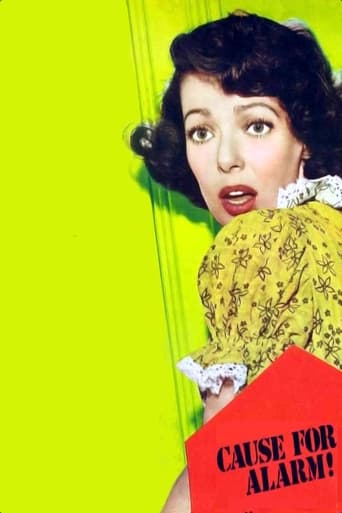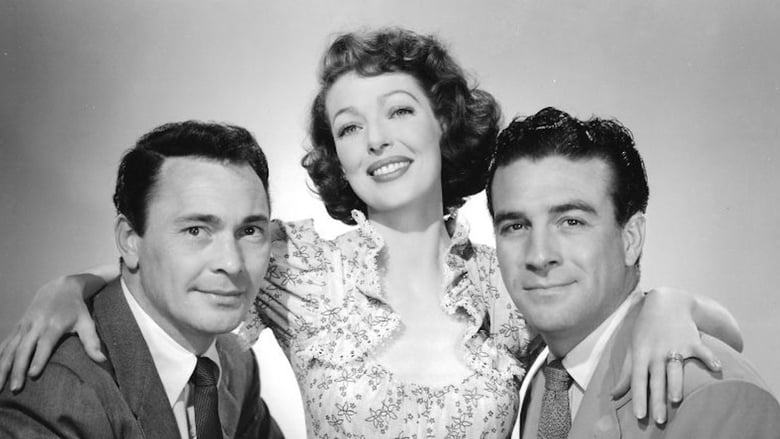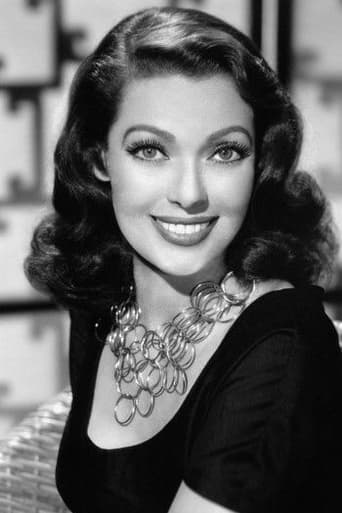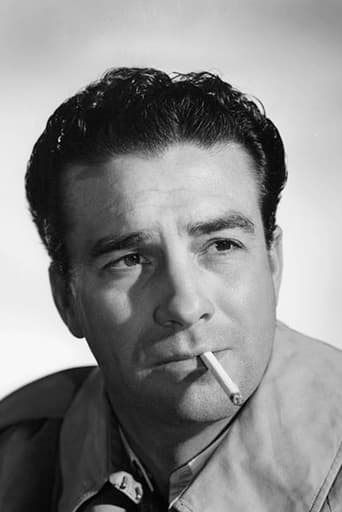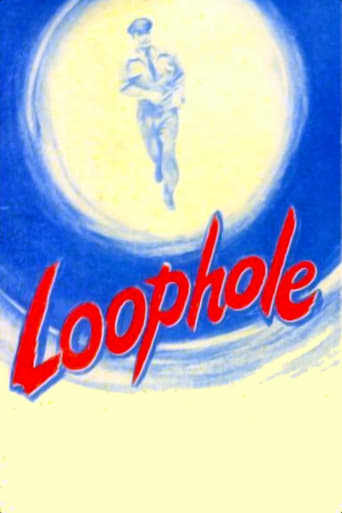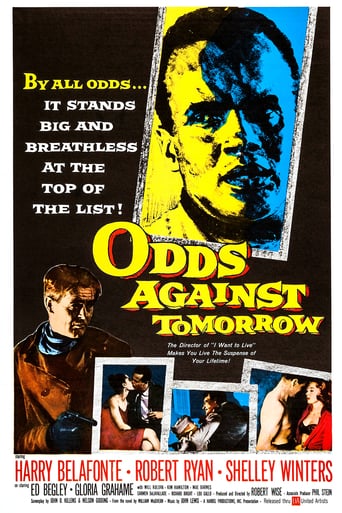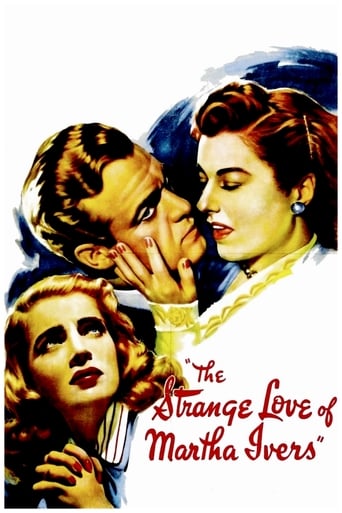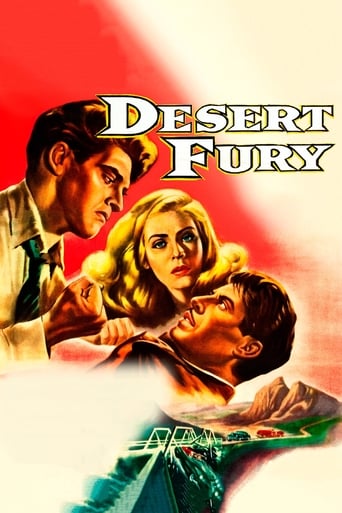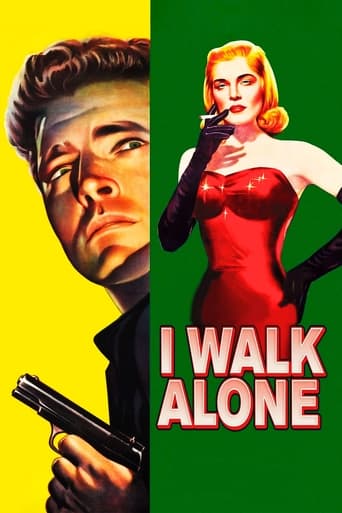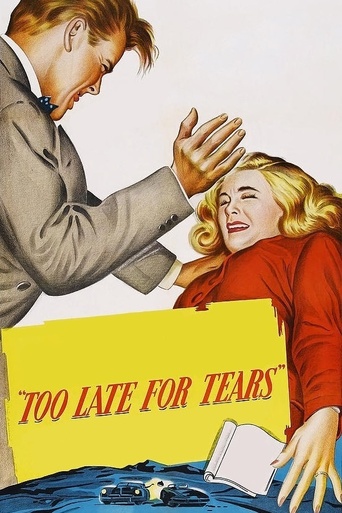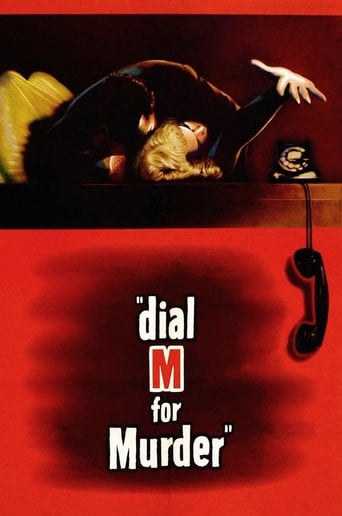Cause for Alarm! (1951)
A bedridden and gravely ill man believes his wife and doctor are conspiring to kill him, and outlines his suspicions in a letter.
Watch Trailer
Cast
Similar titles
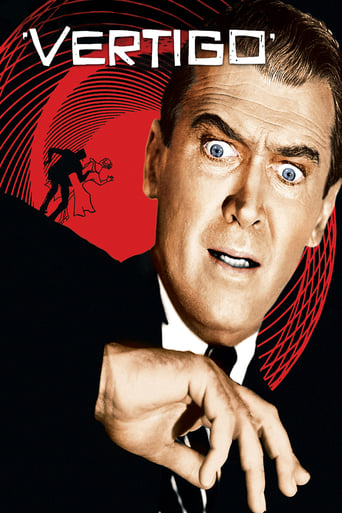

Reviews
To me, this movie is perfection.
Just perfect...
Good concept, poorly executed.
It's a feast for the eyes. But what really makes this dramedy work is the acting.
I generally like Loretta Young, but unfortunately this script requires such dumb behavior on her part, that I found myself getting angry with her stupidity rather than the clumsy machinations of the villain.Barry Sullivan is largely wasted in this one note performance, he was so good in Tension.Irving Bacon adds some much-needed comic relief as a whiny postman who talks the ears off everyone on his route.A similar story and situation has been brought to life far more enjoyably in Sorry, Wrong Number and Gaslight which I highly recommend.Although the film is only 74 minutes long, it still seems to drag. There are some drawn-out scenes with a neighbor kid on a trike who I guess was supposed to add a cuteness factor, but didn't really advance the plot at all.
It would have made a typical Alfred Hitchcock Presents episode. It LOOKS like a TV program. The lighting is flat, the production design unimaginative, the dialog functional, and the values are the standards of the 1950s.Not that it's entirely without interest, and it gets better as it develops a bit of steam. Housewife Loretta Young's narration ("It was all like a terrible dream") takes us back to war time when she met her Army Air Force husband, Barry Sullivan, and fell in love with him. (At first sight.) A mutual friend, a Navy officer, Bruce Cowling, watches the romance with disappointment and envy.Then Sullivan is laid up with a heart ailment. Young is kept busy keeping house and tending to him while he's in bed. She loves Sullivan but she really DOES crave a rose-covered cottage and children. The attending physician is their old friend, Cowling, who comes to wonder if Sullivan might benefit from a talk with a shrink. And well he might.Sullivan appears to be suffering from a psychiatric condition that in the older editions of the DSM was known as "paranoid state." (I speak to you now as your psychologist. That will be ten cents.) Paranoid state isn't found in the more recent literature but it's real enough. The victim doesn't run around shouting gibberish about the NSA being after him. He's perfectly normal when circumstances require it. The problem is that he carries around in his head a set of delusions that are out of kilter with reality, but he can connect enough dots to make them sound reasonable. A real story: One clinical psychologist picked up a hitch hiker. They had chatted amiably for more than half an hour before the shrink realized that he was dealing with someone suffering from a paranoid state. The condition is something like an encapsulated brain tumor except that instead of being filled with cancerous tissue, it's puffed up with delusions about enemies plotting against him. Sorry. Got carried away. The condition is at least as beguiling as the movie. In any case, Sullivan grows ever more nasty and later goes berserk, which isn't usually part of the clinical picture.Sullivan, like most of his ilk, has been hiding his delusions away, except that he's keeping a diary of all the evidence he's found of the plot between his wife and his doctor to do away with him for the insurance. "An hour ago they tried again." When Young finally talks him into taking his medicine, he's certain it's something that will do him harm, so he mails a lengthy letter to the District Attorney, names all the names, then he drops dead while trying to kill Young. However the guilty party is not the winsome Loretta Young nor the doctor, and their sinister plot but only the familiar winged chariot of time.The bulk of the movie consists of Young's frantic efforts to retrieve the delusional but incriminating letter from the mailman and the Post Office. It goes without saying that she runs into every obstacle imaginable. There are regulations upon regulations; there's a little kid she almost runs over in her race to the Post Office.Loretta Young gives an emphatic rendition of a woman who is hysterical with fear, sometimes too much. But it's all peacefully resolved when the doctor who has loved her from afar shows up and a previously overlooked postal regulation causes the letter to return. Young will no doubt marry the doctor, and it's all for the good. She'll get that rose-covered cottage -- a dozen of them if she likes -- because next to curing diseases docs are best at raking in shekels. Plus, they're away from home often enough that there aren't many arguments. And children? Why not.
Loretta Young plays a woman whose husband (Barry Sullivan) has a heart condition and is bed-ridden. She doesn't realize it but her husband believes she is having an affair with his doctor and longtime friend (Bruce Cowling). He mails a letter to the district attorney, telling a wild story about how the two are plotting to kill him. He then tells Young what he has done and promptly keels over of a heart attack! Young is panic-stricken and desperate to get that letter back before she is wrongly accused of her husband's murder.I'm not sure why this movie has always stood out to me but it has. I enjoy it tremendously. Loretta Young is terrific, especially when she starts to freak out. But even before that she has this nervous quality about her performance that makes the later panic seem in keeping with her character. Some have criticized her character as being unduly stupid in order to service the plot. I don't feel this is true. Everything hits her quickly. Within a matter of minutes she hears what her husband planned and then he dies, so naturally she wouldn't be thinking clearly. Barry Sullivan gives one of his best performances as the crazy husband. Contrary to what some reviews have stated, he did not exhibit a sudden change of behavior from nice guy to psycho nor was his psychosis brought on by his heart medicine. The film shows in flashbacks that this man is self-serving, possessive, and manipulative. Further, Sullivan tells Young a story from his childhood that paints a clear picture that he has always been disturbed.This is a wonderfully subversive suspense film. Here you have this crazy story going on in a typical suburban American home during a decade in which the idyllic picture of American suburbia was born. My advice is to pay full attention to the film for answers to many of the nitpickers' complaints. I can think of far more respected and beloved films with plots that are full of more contrivances than anything in this. In my opinion, this is a real treat that builds slowly then grips you and doesn't let go. One of my favorite films of the '50s.
Decent enough thriller that nevertheless suffers a gap in exposition. In spite of reviewer Jacobfam's highly revealing analytic, the narrative jump from a healthy if quirky George (Sullivan) to a bed-ridden, full-blown paranoic is simply too visually abrupt to be convincing-- and this remains the case despite the clues that Jacobfam so brilliantly assembles. After all, this is a movie and not a literary assignment . The way the narrative stands, it's as if the producers wanted to get rid of co-star Sullivan as quickly as possible so the movie would become exclusively Young's. And admittedly, the last three-fourths do become hers, in spite of the shadow George casts.Where the film works well is showing how innocent daily occurrences transform into a pattern of guilt once suspicion takes over. Ellen (Young) sees the trap closing around her that George has so cleverly laid, but there is little she can do unless she retrieves that incriminating letter. It's that pursuit that generates audience involvement. It's simply one frustration after another—a pesky salesman, a nosy neighbor, but above all, a quirky mailman (Bacon), who are sealing her fate. The script cleverly turns the mailman into just the kind of character who would stand on an unthinking rule rather than a dose of common sense. Meanwhile, the letter floats tantalizingly just beyond her reach. Some reviewers fault Young's emotional performance during the pursuit. But put yourself in her place. Her whole life hangs in the balance because of that letter. Given what's at stake, her emotional pitch seems about right. In passing—Can't help noticing similarity between this film and 1952's Beware, My Lovely, both scripted by Mel Dinelli, and both concerning a housewife trapped by an unbalanced man. But, notice in Beware how well the unbalanced man's (Robert Ryan) background is visually sketched in. Unlike Cause, there are no developmental gaps, an inclusion that makes for a more persuasive and effective narrative. Also, I recall an episode of Hitchcock Presents where a woman frantically tries to retrieve an incriminating letter. But when the missive is returned for insufficient postage, a good Samaritan maid supplies the missing postage!-- A typical touch of Hitchcock irony. Anyway, Cause remains a decent, if flawed, 75 minutes of entertainment.
